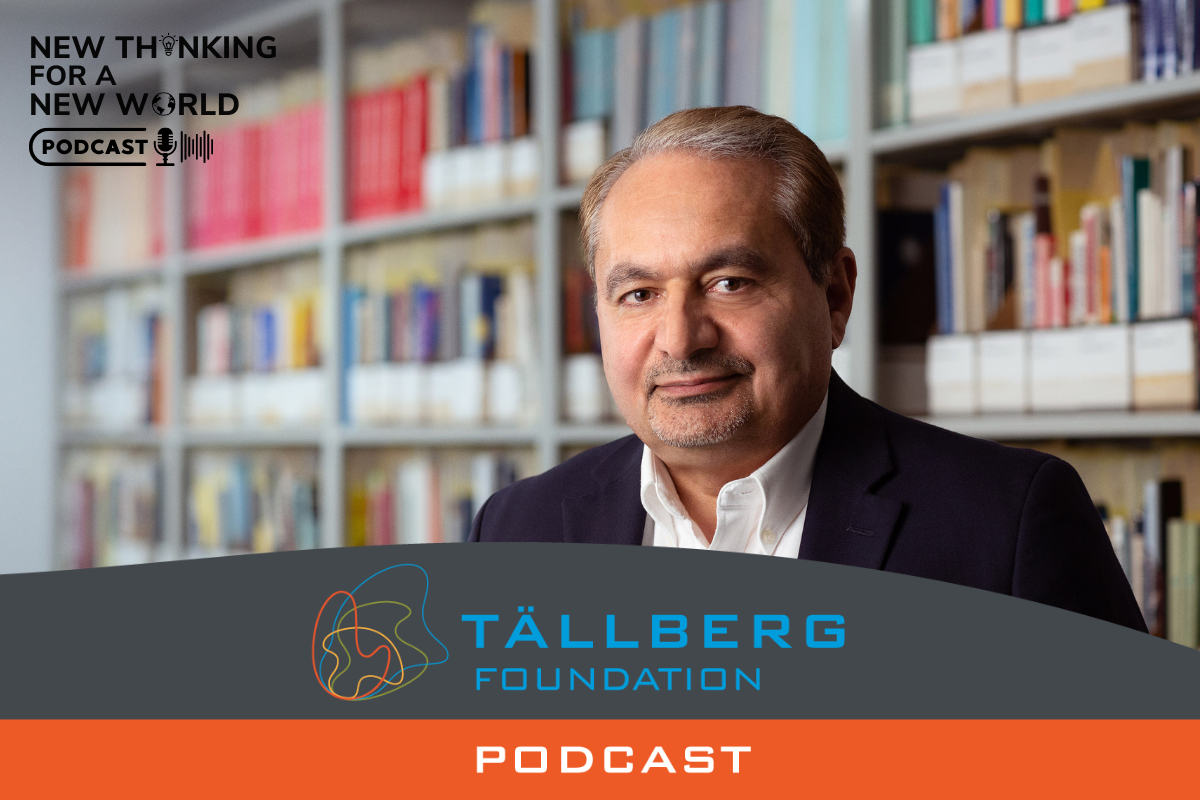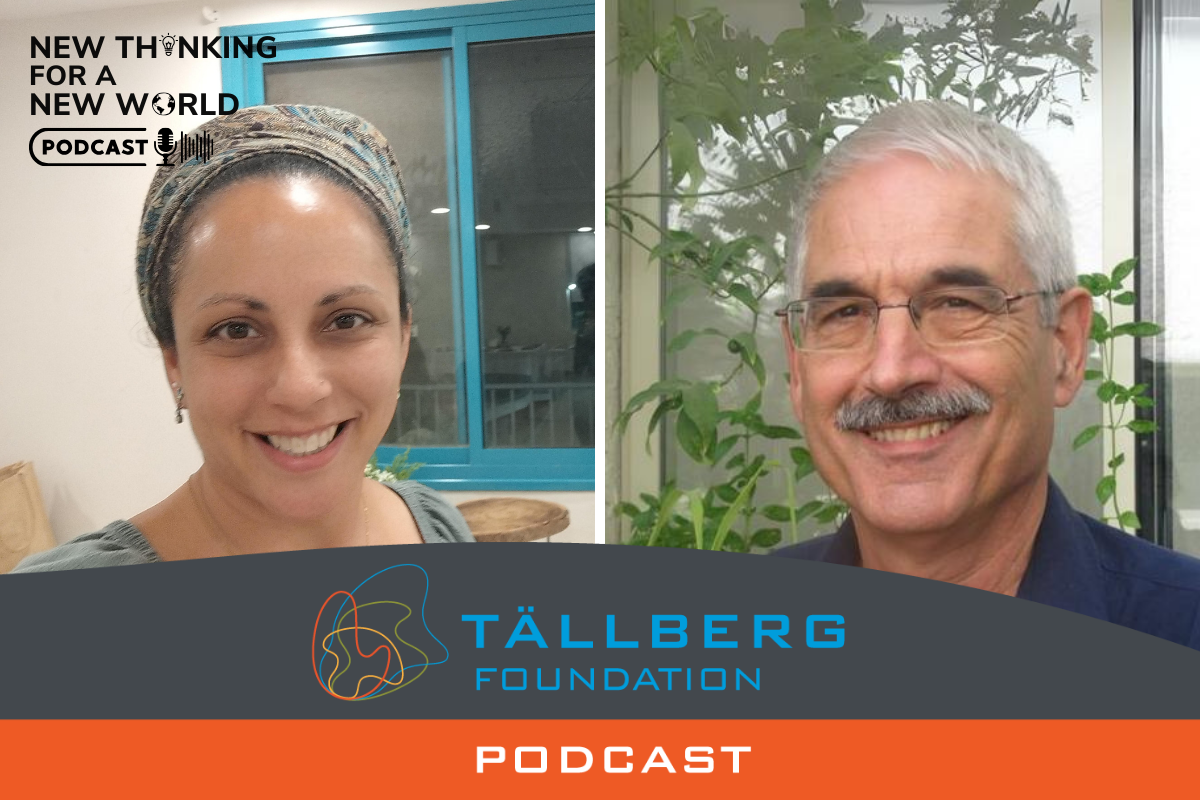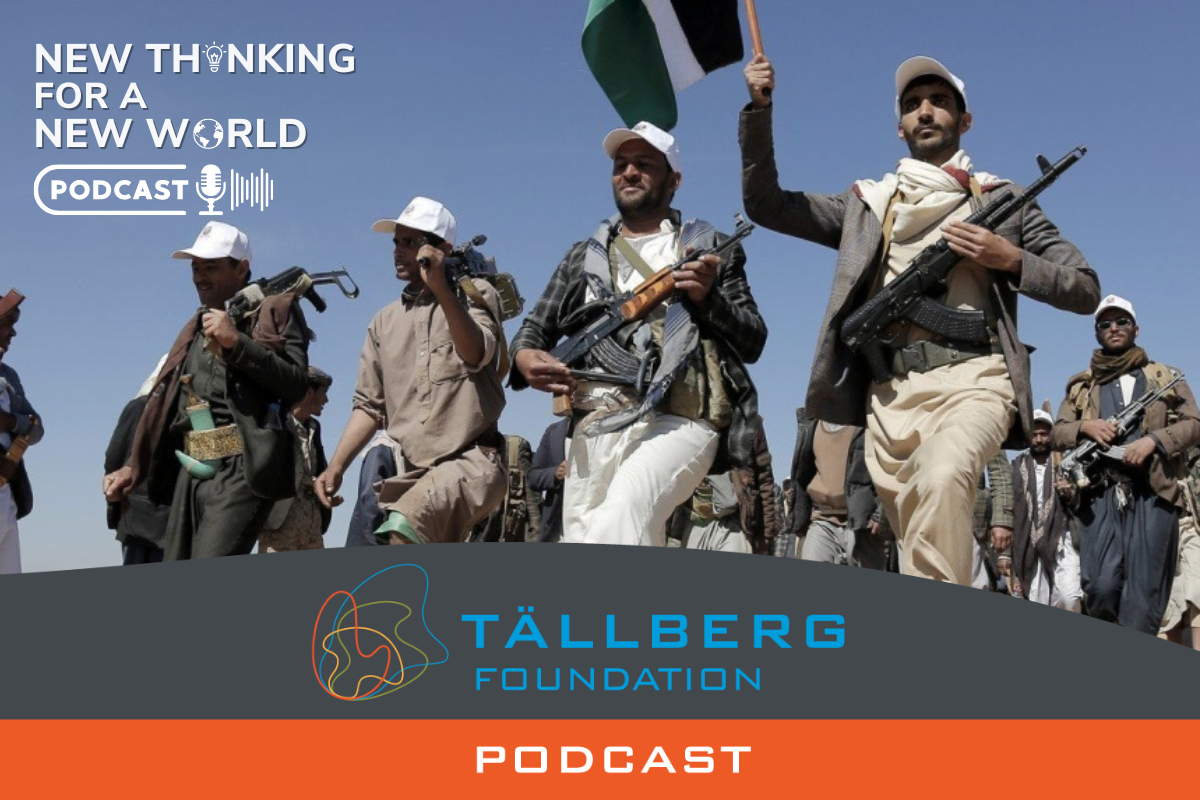There is mounting evidence that the pandemic is generating a global mental health crisis. How do we cope with the results? Dr. Jonathan DePierro and Michael Niconchuk try to answer questions about our mental health in this episode.
 Jonathan DePierro, PhD is an Assistant Professor of Psychiatry at the Icahn School of Medicine at Mount Sinai. He is Clinical and Research Director of Mount Sinai’s new Center for Stress, Resilience and Personal Growth. At this Center, he oversees employee-facing resilience training and education, clinical assessment and intervention, and research. Dr. DePierro has a PhD in Clinical Psychology from the New School for Social Research and completed a postdoctoral fellowship at the NYU School of Medicine WTC Health Program. His clinical expertise is in the treatment of trauma-related conditions. Dr. DePierro’s has published on mental health stigma and barriers to care, cognitive mechanisms undergirding resilience and PTSD, and disaster response.
Jonathan DePierro, PhD is an Assistant Professor of Psychiatry at the Icahn School of Medicine at Mount Sinai. He is Clinical and Research Director of Mount Sinai’s new Center for Stress, Resilience and Personal Growth. At this Center, he oversees employee-facing resilience training and education, clinical assessment and intervention, and research. Dr. DePierro has a PhD in Clinical Psychology from the New School for Social Research and completed a postdoctoral fellowship at the NYU School of Medicine WTC Health Program. His clinical expertise is in the treatment of trauma-related conditions. Dr. DePierro’s has published on mental health stigma and barriers to care, cognitive mechanisms undergirding resilience and PTSD, and disaster response.
 Michael Niconchuk is a neuroscience researcher based at Beyond Conflict in Boston. Mike is the editor of The Field Guide for Barefoot Psychologists, a translational neuroscience and self-care book for young migrants and refugees in the MENA region, and he conducts research on stress, violence, and intergroup dynamics from a neurobiological perspective. Prior to Beyond Conflict, Mike spent 7 years working with post-conflict and displaced communities in Latin America and the Middle East, and has worked extensively with young people at risk of violence and conflict with the law. For three years, Mike worked as Emergency Response Coordinator in Za’atri Refugee Camp in Jordan, leading various projects for violence reduction, youth leadership, and alternative education. Mike has also worked with Syrian refugees in Germany and Canada, conducting research on the links between forced displacement, trauma, social cognition, decision-making, and social behavior.
Michael Niconchuk is a neuroscience researcher based at Beyond Conflict in Boston. Mike is the editor of The Field Guide for Barefoot Psychologists, a translational neuroscience and self-care book for young migrants and refugees in the MENA region, and he conducts research on stress, violence, and intergroup dynamics from a neurobiological perspective. Prior to Beyond Conflict, Mike spent 7 years working with post-conflict and displaced communities in Latin America and the Middle East, and has worked extensively with young people at risk of violence and conflict with the law. For three years, Mike worked as Emergency Response Coordinator in Za’atri Refugee Camp in Jordan, leading various projects for violence reduction, youth leadership, and alternative education. Mike has also worked with Syrian refugees in Germany and Canada, conducting research on the links between forced displacement, trauma, social cognition, decision-making, and social behavior.
“As a result of the pandemic and its ongoing nature, we’re seeing that people’s coping resources are sort of wearing thin. We’re seeing depression develop, anxiety, panic, people turning to alcohol to help them cope and people even thinking that they’d be better off dead or having thoughts of suicide.” — Dr. Jonathan DePierro
“In Jordan, for example…there is still very weak internet connectivity in the refugee camp that I’m working in, so how are they supposed to even catch up with the ways that the world has adapted? There’s a growing social and economic divide that is further pushing people down into these cycles of what is, frankly, despair — which is not even a clinically recognized condition, but manifests in so many different ways.” — Michael Niconchuk
Even amid optimism about vaccines and declining infection rates, there is mounting evidence that the pandemic is generating a global mental health crisis. Lockdowns and social distancing reduce transmission, but have the unintended consequence of intensifying stress and anxiety, stretching social bonds, and weakening personal relationships. How do we cope with the results? Could rising levels of child abuse, spousal abuse, drug abuse, homicide and suicide leave even deeper marks than COVID itself? Do we need to think differently about mental health interventions?
Dr. Jonathan DePierro and Michael Niconchuk try to answer these questions in this week’s episode of New Thinking for a New World. DePierro is Assistant Professor of Psychiatry at the Icahn School of Medicine at Mount Sinai in New York and a practicing clinician; Niconchuk is a neuroscience researcher working in the Zaatari refugee camp in Jordan among other places.
Let us know what YOU think and leave a comment below.
Listen to the episode here or find us on a podcast platform of your choice, (Itunes, Spotify, Acast, Stitcher, Libsyn, etc).





0 Comments